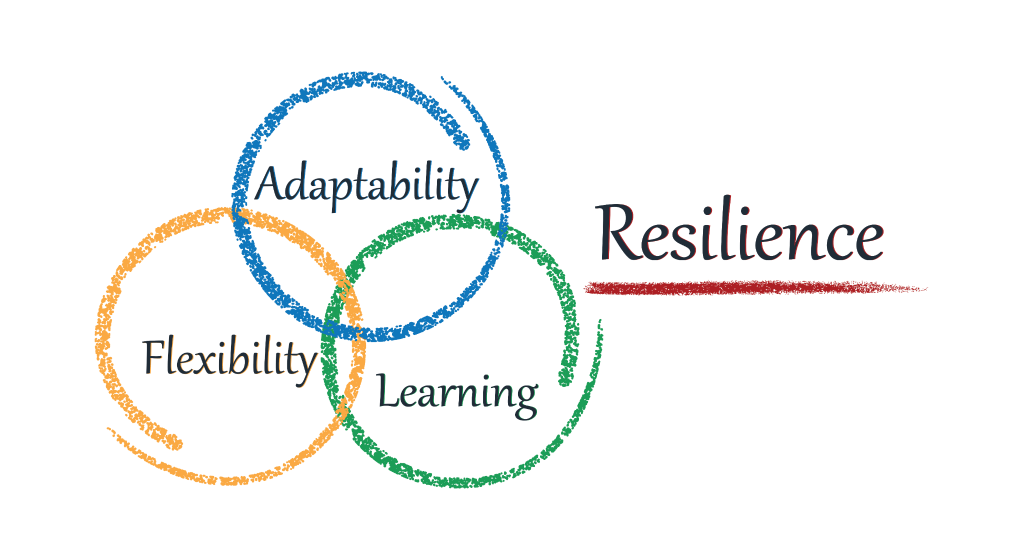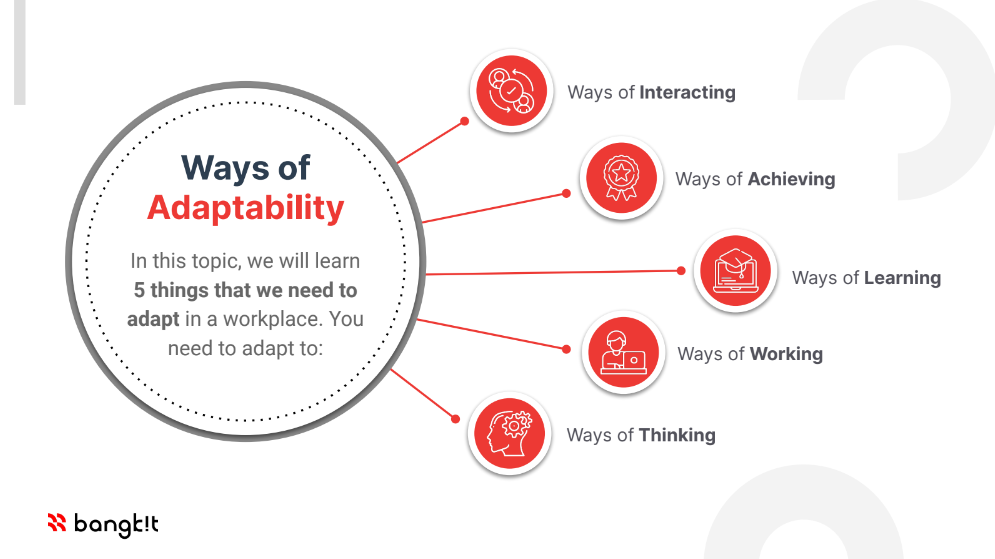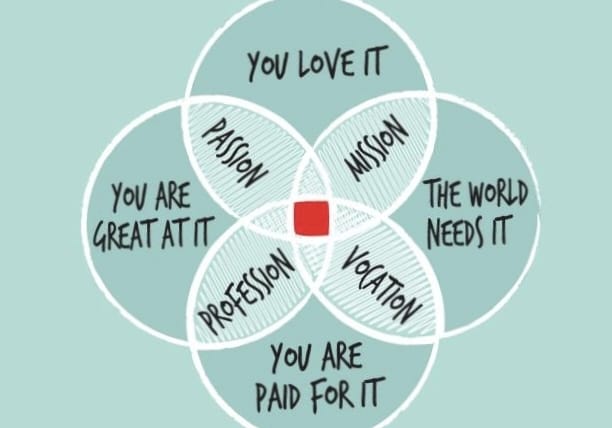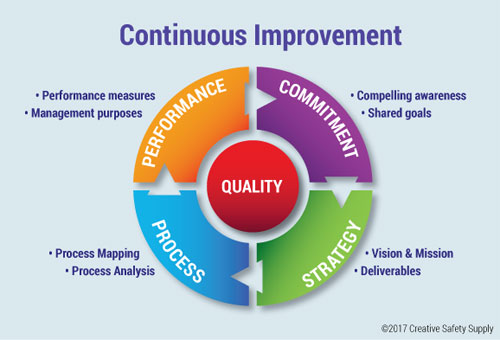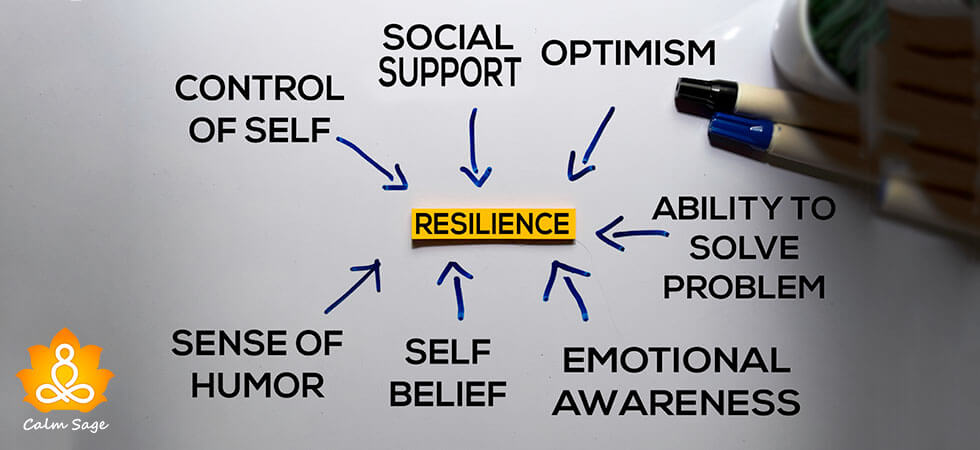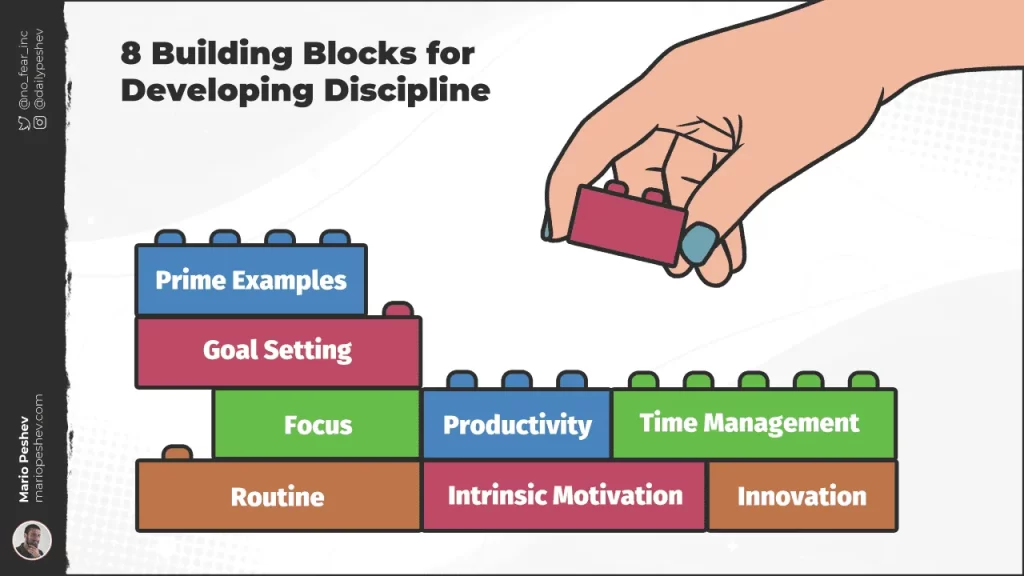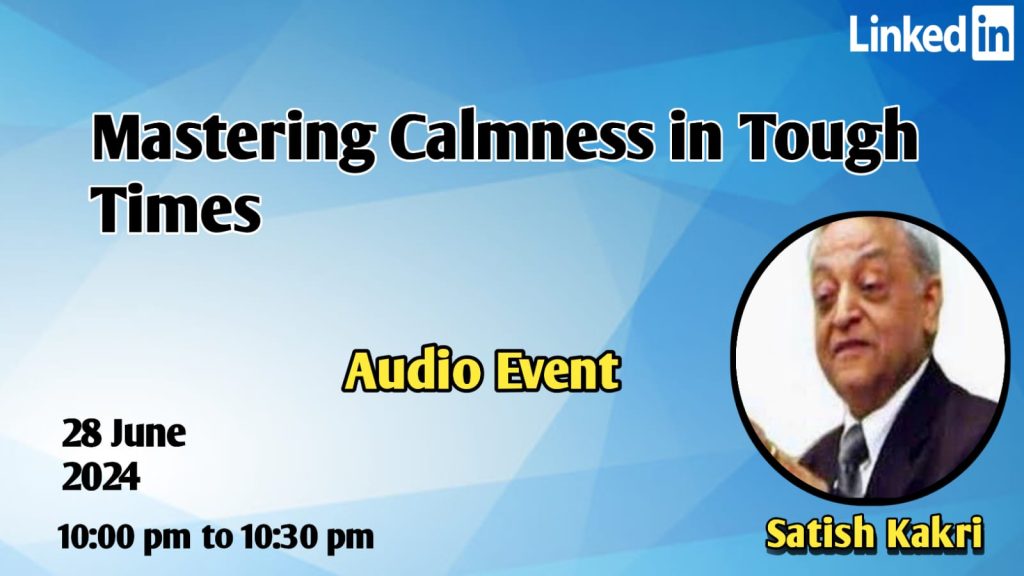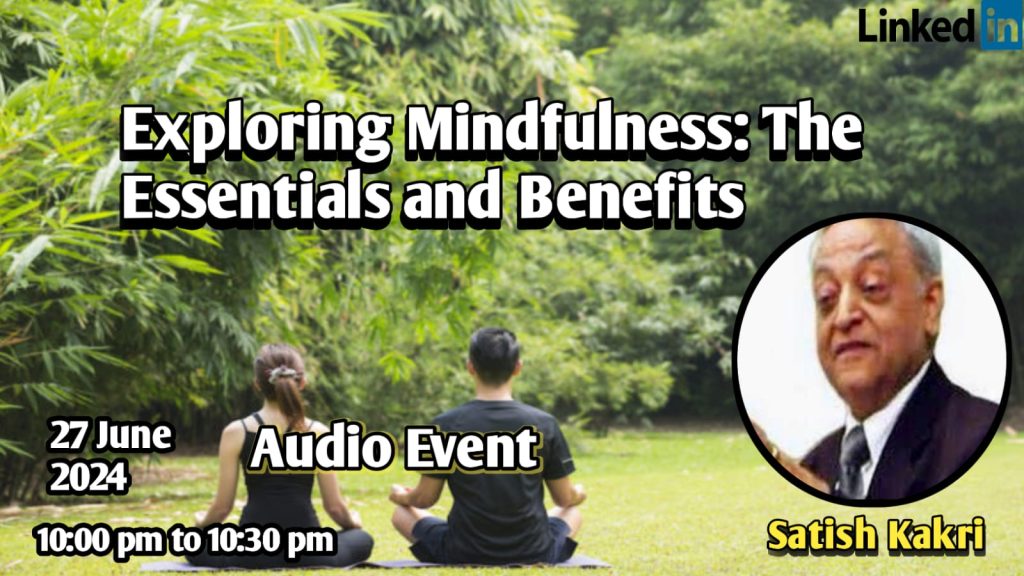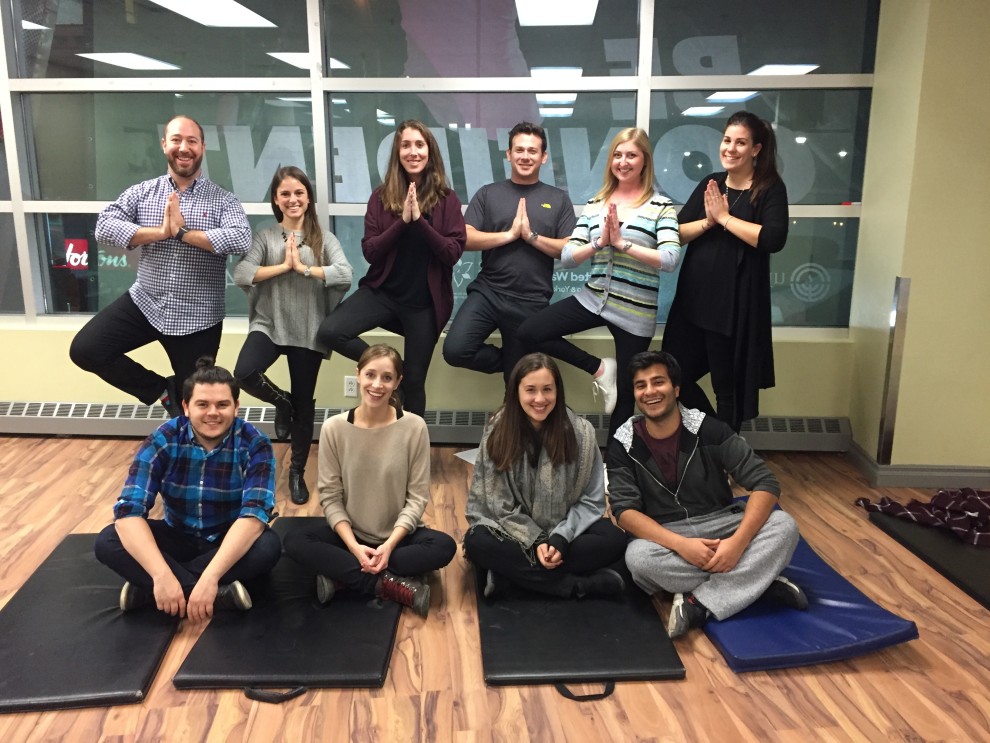The Journey from Fury to Serenity
Anger is a universal human emotion. It arises when we feel threatened, hurt, or frustrated. While anger in itself isn’t inherently bad—it can motivate us to address injustices or set boundaries—it becomes problematic when it spirals out of control or is expressed destructively. From Fury to Serenity offers practical guidance for understanding, managing, and transforming anger into a constructive force for personal growth and emotional well-being.

Understanding Anger: The Foundation of Serenity
Anger is deeply rooted in our biology and psychology. It’s a survival mechanism that triggers the fight-or-flight response. However, in modern life, the threats we perceive are often emotional or psychological rather than physical. Mismanaged anger can lead to broken relationships, stress, and even health problems such as hypertension or weakened immunity.
The Role of the Brain: The amygdala, part of the brain’s limbic system, triggers the anger response. The prefrontal cortex helps regulate and process these emotions. When we react impulsively, it’s often because the amygdala overrides rational thought.
The Hormonal Cascade: Stress hormones like adrenaline and cortisol flood our bodies during an anger episode, preparing us for confrontation.
The Emotional Aspect: Anger is often a secondary emotion, masking feelings like fear, sadness, or insecurity.
By understanding these mechanisms, readers gain the foundation to recognize the origins of their anger.

Identifying Triggers and Patterns
The next step in managing anger is self-awareness. Anger often follows predictable patterns and is triggered by specific situations or interactions. Common triggers include:
Personal Offenses: Feeling disrespected or insulted.
Unmet Expectations: Disappointment when things don’t go as planned.
Stress and Overwhelm: External pressures that deplete emotional reserves.
Past Trauma: Unresolved pain that resurfaces in current conflicts.
Practical exercises in this section help readers identify their triggers. Tools like journaling, mindfulness, or keeping an “anger log” are introduced to capture moments of frustration and the contexts surrounding them. For example, noting what was happening, how they felt, and their immediate reactions.
The Anatomy of an Outburst
Anger doesn’t arise in a vacuum—it builds in stages:
Trigger Event: Something initiates the anger response.
Interpretation: The way the event is perceived determines the emotional intensity.
Physical Symptoms: Increased heart rate, clenched fists, or a heated sensation.
Reaction: Yelling, shutting down, or passive-aggressive behavior.
This book emphasizes the importance of pausing at any stage before reacting. Techniques like deep breathing or counting to ten can break the cycle. Readers are encouraged to shift from reactive to reflective modes of handling anger.

Tools for Managing Anger
1. Cognitive Behavioral Techniques
Cognitive-behavioral therapy (CBT) is highly effective in anger management. It involves challenging distorted thoughts and reframing situations. For instance, instead of thinking, “They’re doing this on purpose to hurt me,” try reframing it as, “Maybe they didn’t realize the impact of their actions.”
2. Relaxation Strategies
Relaxation techniques calm the nervous system and include:
Progressive Muscle Relaxation: Tensing and releasing muscles to reduce physical tension.
Breathing Exercises: Practicing slow, deep breaths to restore a sense of control.
Visualization: Imagining a serene environment to mentally step away from the situation.
3. Communication Skills
Poor communication often fuels anger. Learning to express needs and feelings assertively (without aggression) is key. This book teaches “I-statements,” a technique for expressing emotions without blame:
Instead of saying, “You never listen!” say, “I feel unheard when my concerns are dismissed.”
The Role of Emotional Intelligence
Emotional intelligence (EQ) is the ability to recognize, understand, and manage emotions effectively. Developing EQ enhances anger management by enabling empathy and self-regulation. Key components discussed include:
Self-Awareness: Recognizing when anger is building.
Self-Regulation: Implementing calming strategies before anger escalates.
Empathy: Understanding others’ perspectives to reduce conflict.
Social Skills: Resolving disagreements constructively.

The Connection Between Anger and Stress
Stress and anger are closely linked. High stress levels lower tolerance, making minor frustrations feel overwhelming. This book offers stress reduction techniques such as:
Time management to reduce overwhelm.
Physical activity to release pent-up energy.
Mindfulness meditation to stay present and grounded.
By addressing stress, readers indirectly manage anger more effectively.
Dealing with Chronic Anger
For some, anger becomes a chronic issue, fueled by long-standing grievances or unresolved trauma. Chronic anger can result in:
Strained relationships.
Professional setbacks.
Physical health issues, such as heart disease or chronic fatigue.
This section encourages readers to explore the root causes of persistent anger, often through therapeutic interventions. Working with a counselor or therapist can help unearth deep-seated issues and develop tailored coping strategies.
Rebuilding Relationships Damaged by Anger
Anger can leave scars on relationships. This book offers guidance on:
Apologizing Effectively: Acknowledge harm caused without defensiveness or excuses.
Building Trust: Demonstrate consistency in managing anger and responding calmly.
Repairing Communication: Practice active listening and empathy to rebuild connection.
Forgiveness—both self-forgiveness and seeking forgiveness from others—is explored as a healing process.

Transforming Anger into a Positive Force
Anger, when harnessed constructively, can become a catalyst for change. Examples include:
Advocating for social justice.
Addressing inequities in personal or professional settings.
Channeling frustration into creativity or productivity.
This chapter inspires readers to view anger not as an enemy but as a signal for growth, action, or boundary-setting.
The Role of Support Systems
Anger management doesn’t have to be a solo journey. Support from friends, family, or community groups can make a significant difference. Joining anger management classes or support groups offers accountability and shared learning experiences.
Cultivating Serenity: Building Long-Term Habits
The book concludes with strategies for sustaining serenity over time:
Daily Gratitude Practices: Focusing on positives reduces emotional reactivity.
Mindful Living: Staying present minimizes overthinking and rumination.
Ongoing Self-Reflection: Regularly checking in with oneself ensures continued growth.
Serenity is not the absence of anger but the mastery of it. By consistently practicing the tools provided, readers can experience lasting peace and improved relationships.
https://www.linkedin.com/in/satish-kakri-executive-coach-author-17224417
Thanks for Reading.
